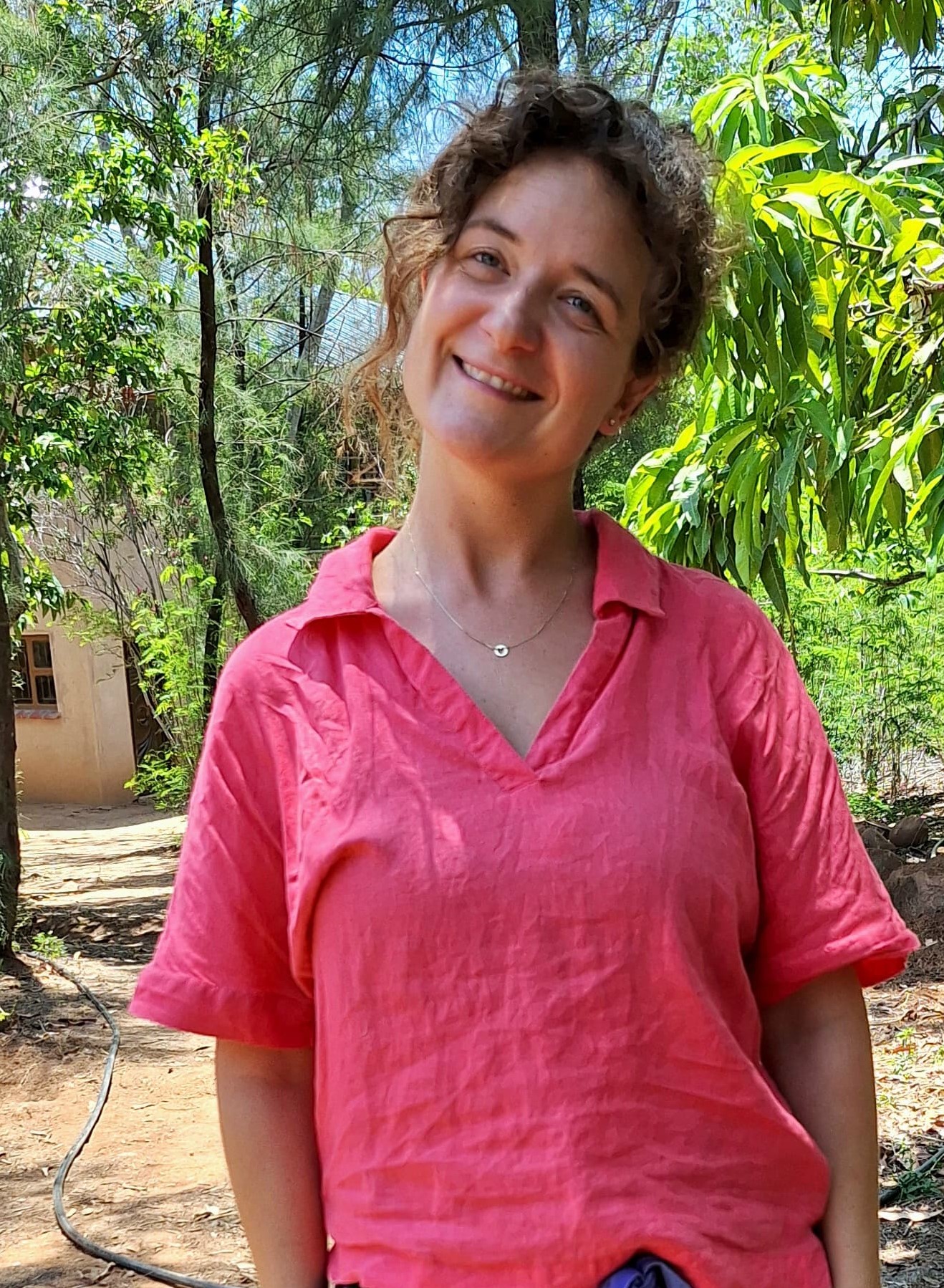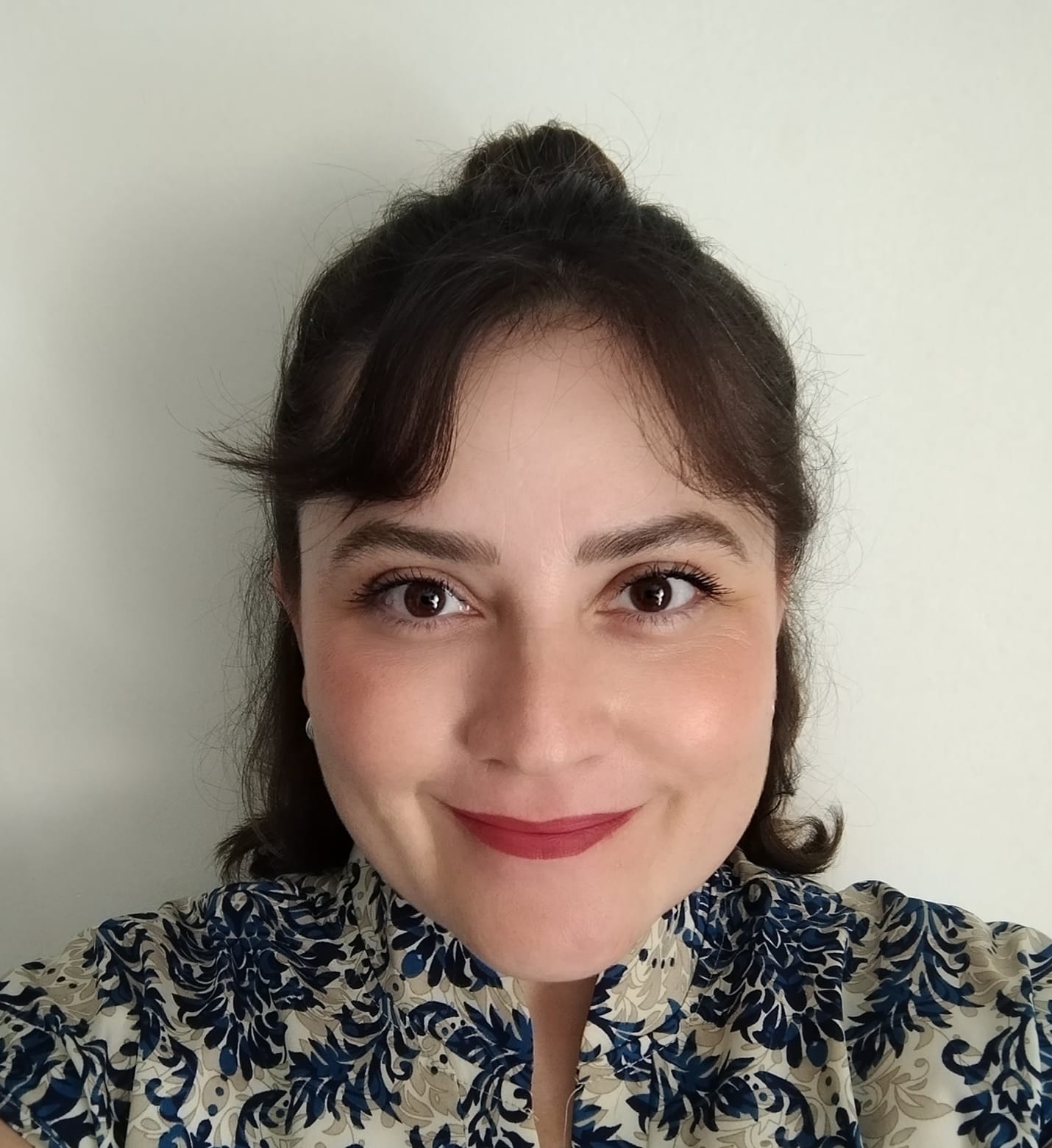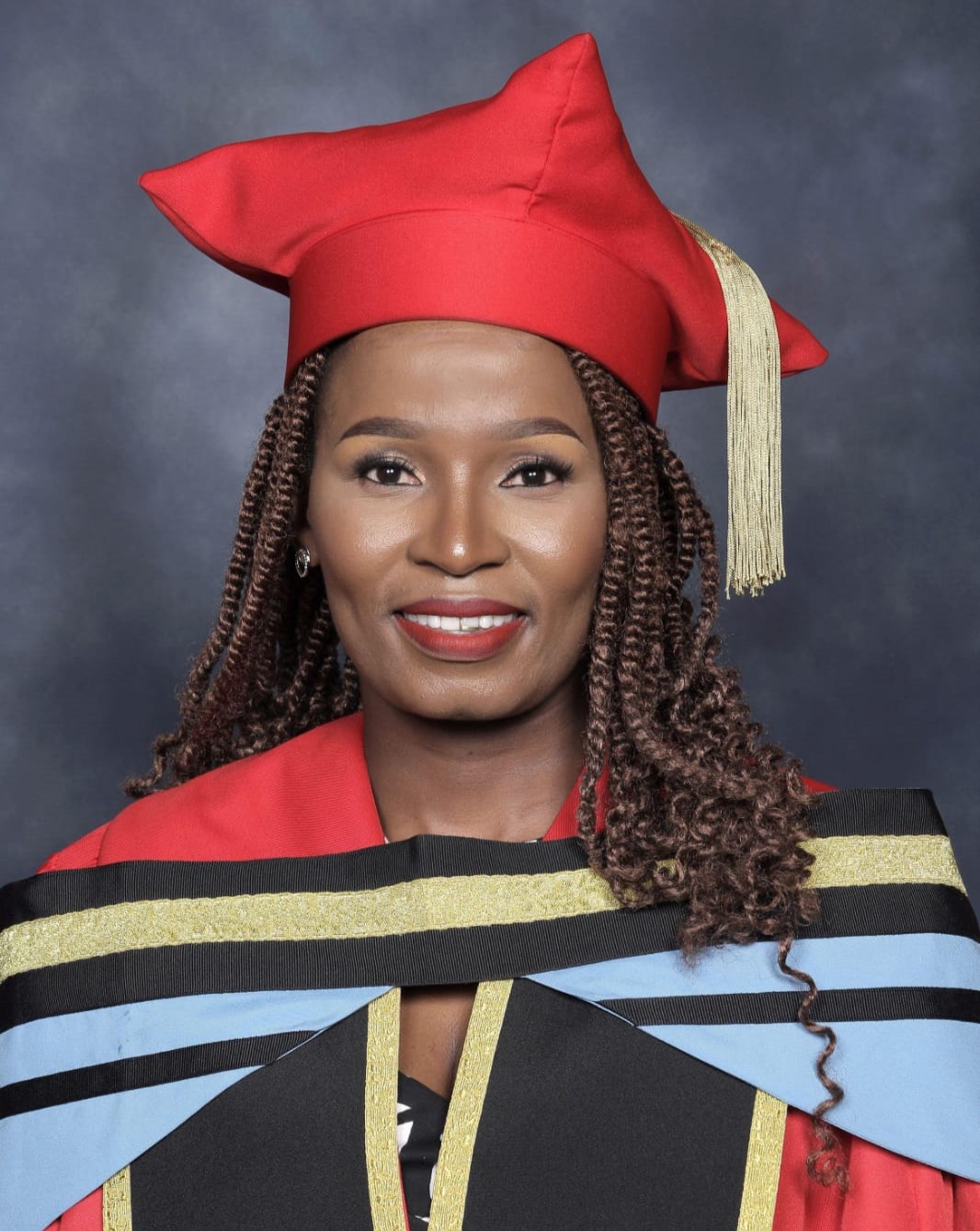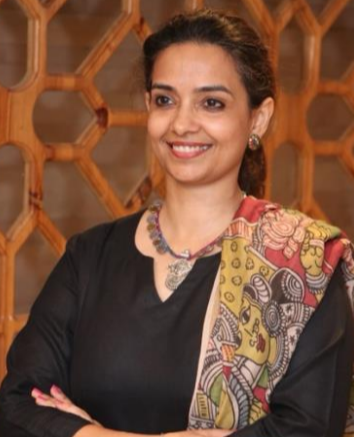2025 Chemistry for Climate Action Challenge – Top 5
Categories: NEWS, INCLUSIVE RESEARCH, Awards
Tags: SDG 5, SDG 13

We believe that chemistry plays a critical role in developing a sustainable future. Chemists have a special responsibility to develop those new products, resources and processes to make that happen.
The Chemistry for Climate Action Challenge stands as one of the Elsevier Foundation’s flagship initiatives. In collaboration with Elsevier’s Chemistry journals, the Elsevier Foundation awards funding of $25,000 USD each to two winning projects annually. These projects are focused on implementing green and sustainable chemistry solutions in the Global South, thereby advancing both Climate Action (SDG13) and Gender Equity (SDG5).
We are thrilled to announce the top 5 contestants who have been selected for their groundbreaking proposals. These innovative projects will be showcased at the 9th Green and Sustainable Chemistry Conference, taking place from March 4-6, 2025. Each contestant will have the opportunity to pitch their proposals to the scientific jury of the Challenge.
- An Pegels, Expanding Regenerative Food Forestry: PORETs Initiative in Honde Valley
- Mariana Franco Morgado, From maize wastewater to bones: tortilla enriched with mineral precursor against osteoporosis for rural women
- Mokgadi Hlongwane, Development of Lessertia frutescens nodulating rhizobia as a bioinoculant to alleviate climate change effects in medicinal plants and crops
- Nimanthi Jayathilaka, Extraction of collagen and collagenase from fish waste for wound care and economic empowerment of women through value addition of fish waste
- Pooja Singh, Waste resource-based biodegradable and sustainable sanitary napkins for management of menstrual hygiene
Meet the Finalists

An Pegels
Founder and Executive Director, Honde Valley Food Forest Initiative, Zimbabwe
An Pegels is a passionate advocate for sustainable agriculture and community resilience, with extensive experience in business development, risk analysis, and social enterprise in the Global South. Representing PORET, a grassroots organization based in Zimbabwe, An has spearheaded food forestry initiatives that integrate innovative agroecology and water management practices to address climate change challenges and improve local livelihoods.
With a strong focus on gender equity and community-driven solutions, An is successfully leading projects that empower female farmers, promote organic permaculture, and enhance resource management. An’s work emphasizes education, biodiversity restoration, and sustainable farming techniques to build resilient ecosystems and ensure long-term environmental and social impacts. An’s contributions have been instrumental in growing PORET’s mission and reach, aligning with global sustainability goals, and showcasing the transformative potential of regenerative food forestry and locally-led adaptation strategies.

Mariana Franco Morgado
Postdoctoral Researcher, Tecnológico de Monterrey, Mexico
Mariana Franco Morgado has a bachelor in Biochemical Engineering (2007) by Universidad Autonoma Metropolitana, a M. Sc. with specialization in Biotechnology (2009) by Instituto Politecnico Nacional and has a Ph. D. in Environmental Engineering (2018) by Universidad Nacional Autonoma de Mexico. In 2016 she carried out a 6-month research stay in Sustainable Processes Institute at Valladolid University, Spain. Currently, she works at Tecnológico de Monterrey Mexico as a researcher, transforming food industry waste into value added products.
Mariana has published 15 indexed publications and belongs to the Researchers National System in Mexico being level 1. She has participated in several national and international congresses and conferences as an oral speaker and poster presenter. Since 2021, she has actively collaborated with the Mexican maize industry to produce compounds of interest in agro-industrial wastewaters to transform linear food processing systems into circular economy alternatives. She has 10 years of experience working with microalgal-bacterial systems and their growth in photobioreactors. Mariana is co-supervising 3 PhD thesis and 1 Master thesis. Finally, she is a regular reviewer in Journal of Environmental Management.

Mokgadi Hlongwane
Lecturer and Work Integrated Learning Coordinator, Tshwane University of Technology, South Africa
Mokgadi is a self-professed environmental activist with a PhD in Chemistry. She completed her BTech and MTech degrees in Chemistry, both with cum laude, showcasing her dedication and academic excellence. Her research focuses on sustainable strategies to mitigate the effects of climate change on medicinal plants.
Currently, she is developing rhizobia isolates as bioinoculants to alleviate drought and salt stress in Lessertia frutescens, a multipurpose medicinal plant native to South Africa. Her approach emphasizes sustainability, transdisciplinary collaboration, and women empowerment.

Nimanthi Jayathilaka
Professor, University of Kelaniya, Sri Lanka
Prof. Nimanthi Jayathilaka earned her BSc from the University of Wisconsin- Superior, USA in Cell and Molecular Biology and her PhD from the University of Southern California, USA in Genetics, Molecular and Cell Biology. She conducted her postdoctoral research at the University of California, San Diego, USA prior to joining an academic staff at the Department of Chemistry, Faculty of Science, University of Kelaniya, Sri Lanka. She was an Early Career Research Fellow for Organization for Women in Science for the Developing World.
Prof. Nimanthi Jayathilaka has over twenty years of research experience in Biochemistry, Cell Biology, Molecular Biology and Genetics investigating molecular regulation of vector borne infectious diseases, health and nutritional benefits of coconut oil and coconut milk, and the antioxidant potential of agricultural byproducts. She has published numerous peer-reviewed research articles in high-impact, international, indexed journals and she holds over ten patents based on her research.

Pooja Singh
Assistant Professor, Symbiosis Centre for Waste Resource Management, Symbiosis International (Deemed University), India
Dr. Pooja Singh is currently associated with Symbiosis Centre for Waste Resource Management (SCWRM) of the Symbiosis International (Deemed University), Pune India, as an Assistant Professor. She is CSIR-NET-JRF qualified, has 4 patents filed and over 30 research publications and book chapters to her name. She was the recipient of the DST-WOS-B grant (2017-2020) and was associated with Symbiosis School of Biological Sciences (SSBS) as a DST Woman Scientist.
After her post-graduation from Delhi University in Biomedical Science, she completed her Ph.D. from the Institute of Microbial Technology (CSIR), Chandigarh, and has been working in the field of bioremediation and environmental biotechnology for over 9 years post her doctoral work. Her specific area of expertise includes studies on microbial biosurfactants and biochar for various environmental and commercial applications. Her current research interest also includes the sustainable management of natural waste biomass for value generation and circular economy. She has been selected for participation in the Grand challenges India and BIRAC WomenLift Health’s inaugural Women Leadership in STEM (WLS) cohort, a leadership development programme for 2024-25. Along with her team, comprising of Dr. Ruchi Mishra from Symbiosis Centre for Stem Cell Research, Pune, Dr. Yamini Sudha from Shiv Nadar University, Noida, Mr. Ayush Agnihotri from PALLU and Dr. Bhavna Ambudkar from Symbiosis Institute of Technology, Pune, she is keen to develop an ecofriendly sanitary napkin using low cost and natural raw materials. The prototype developed will not only be completely biodegradable but also aid in sustainable waste management in alignment with circular economic model of growth.

















